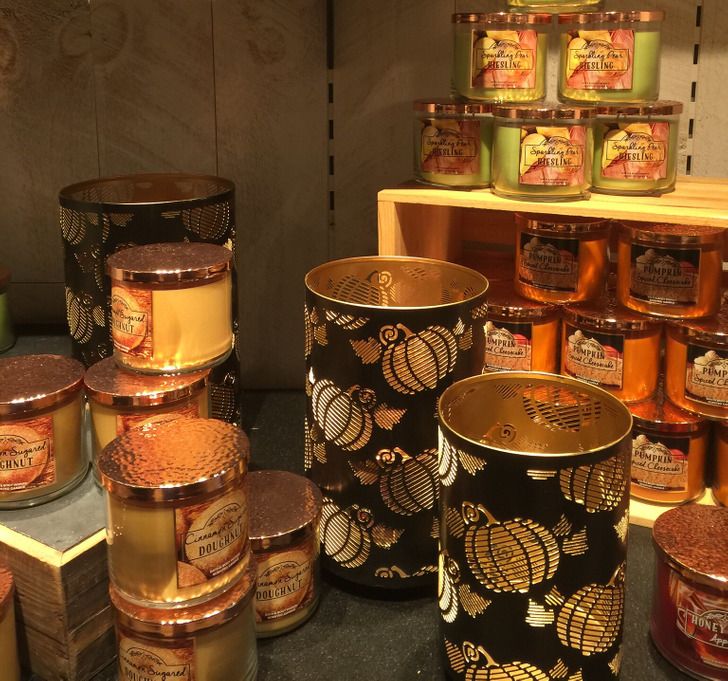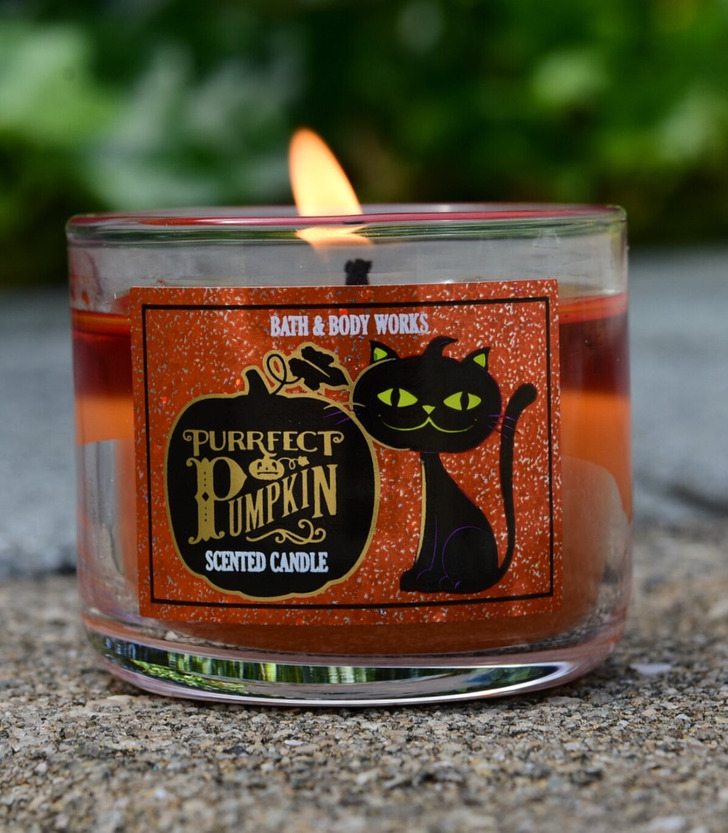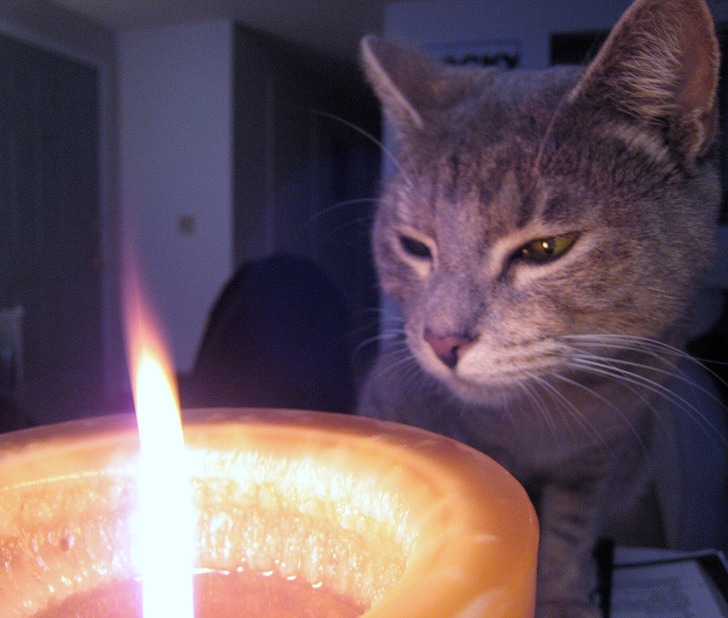What Scented Candles Are For, and Why You Should Be Careful When Choosing a Fragrance

It would seem that scented candles, which flicker cosily, filling the house with pleasant fragrances, are great for creating a festive mood. However, over 30% of the population say that scented products do nothing but irritate them. And some consumers even perceive such products as potentially harmful. Let’s find out how true people’s suspicions are, and which smells pet owners should stay away from.
How dangerous the use of scented candles can be
In recent years, there have been frequent reports that the use of scented candles can be harmful to health. Some researchers argue that paraffin products saturated in artificial fragrances release harmful substances into the air when they burn. As a result, this can lead to a variety of illnesses, including asthma, respiratory infections, and allergies.
However, there is currently insufficient data to support this theory. Moreover, scientists have found that the volume of substances produced by burning candles is not large enough to have any serious effect on a person’s well-being. Some odors do cause migraines or allergic reactions in certain people. But researchers have suggested that it’s anxiety, rather than the ingredients in the products themselves, that may trigger such reactions.
How these types of candles help to improve memory
On the other hand, scented candles can do a lot of good. Our sense of smell is directly linked to various parts of the brain, so we can assume that some scents not only lift your mood, but also stimulate your memory. Cinnamon, for instance, can help you focus on a task at hand and get rid of the head fog that so many of us suffer from at the start of the work week.
Rosemary, supposedly, not only activates brain centres responsible for memory, but also suppresses feelings of physical discomfort. The scent of peppermint is likely to increase blood flow in the brain, which, in turn, increases attention span and cognitive skills. Some researchers have noted that peppermint candles improve long-term memory and, when combined with rosemary, increase performance.
Which smells suppress anxiety and help you sleep
Some fragrances can help you cope with stress. For example, studies have shown that the use of sage or bergamot scented candles lowers cortisol levels. Bergamot can also brighten your mood and relieve fatigue, while ylang ylang lifts a person’s self-esteem.

Some people use aromatherapy to fight insomnia. Chamomile and lavender scents lower blood pressure and reduce anxiety levels, resulting in faster relaxation and a better night’s sleep. Peppermint or cinnamon, on the other hand, can be invigorating, so it’s best not to light candles with these scents at night. It’s important to note that you should only use scents you like, otherwise they will be of little use. It’s best to light candles shortly before going to bed. The light of the flame itself stimulates the production of melatonin, which can help you doze off quicker. Just remember to put the candles out.
Some scents kill bacteria and repel insects
Scientists have conducted a study that’s shown that scented candles can be used to fight certain types of bacteria. However, the products must contain natural essential oils, not fragrances. Orange or lemon scented candles are excellent for killing E. coli, which is often found on various surfaces inside the home. The scent of palmarosa combats Staphylococcus aureus.
The smell of some scented candles is not to the liking of unwanted insects. What’s more, it doesn’t kill the creatures, but either scares them away or does a good job of masking the natural scent of the human body. Citronella oil candles work well against mosquitoes, flies, ticks, and other pests. They can be used at home or outdoors. To repel insects outdoors, candles should be placed all around the perimeter of where you’re hanging out.
What to keep in mind when using scented candles
To ensure that scented candles don’t cause any discomfort, a few simple rules should be followed. Such products should only be used in well-ventilated rooms with at least one window cracked. It’s best to buy candles made from natural materials, such as beeswax or soy, as they don’t emit any harmful substances when burnt.
You should always read the label of the product and make sure that it contains only essential oils and not artificial fragrances. In addition, experts advise against blowing the candles out, as this way the beneficial effect will be lost. It’s better to wait until the upper surface of the product has melted, then gently dip the wick in the wax, or use a candle snuffer.
Bonus: some fragrances can be dangerous for pets
Essential oils have the same positive qualities as scented candles. However, as they’re much more concentrated, these products should be used with caution. Essential oils should be diluted in vegetable oil, or a moisturiser, before applying them on the skin.
Essential oils can be dangerous for children, and some should not be used if you share your home with a dog or a cat. Our four-legged friends’ sense of smell is much better than ours, so certain odors can be harmful to them. Both dogs and cats are particularly susceptible to the scents of cinnamon, mint, and ylang ylang.
What do you think, do scented candles do more harm or good?







